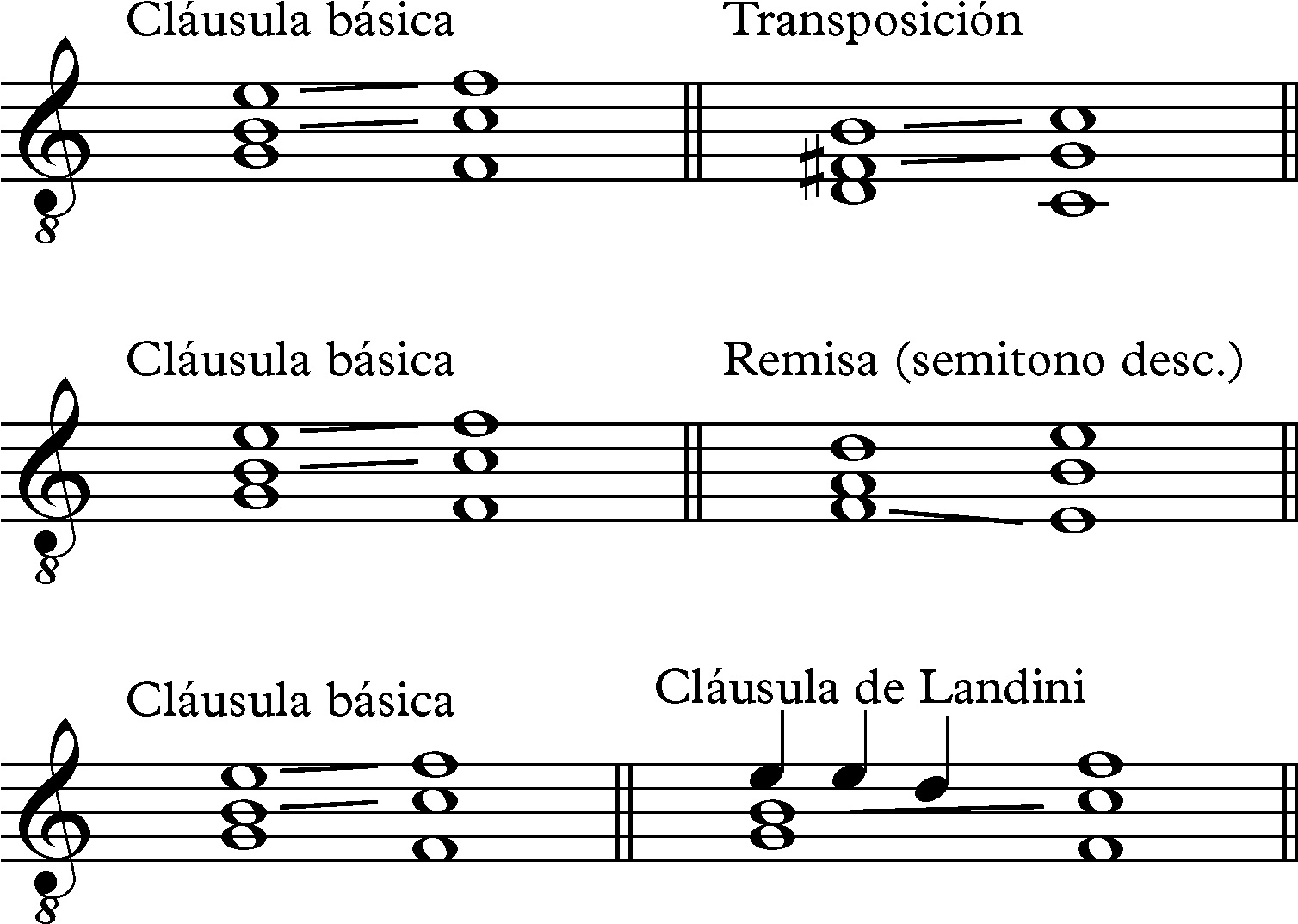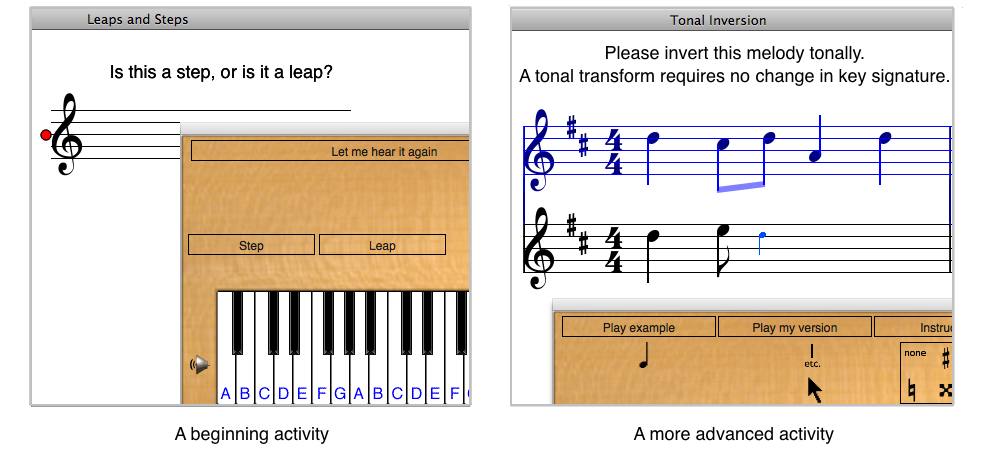

“Bibliography.” Musica Disciplina 1 (1946):169. Lowinsky, A Secret Chromatic Art in the Netherlands Motet.” Musica Disciplina 1 (1946):159. “Renaissance News.” Musica Disciplina 1 (1946):149. “The Collection of Photographic Reproductions at the Isham Memorial Library, Harvard University. “A Remark About the Basse Dance.” Musica Disciplina 1 (1946):139.ĪPEL, Willi. “Bach’s Religion.” Musica Disciplina 1 (1946):124.ĪPEL, Willi. “Some Aspects of the Social Status of Italian Musicians During the Sixteenth Century. “The Austrian Baroque Lied.” Musica Disciplina 1 (1946):101.ĪNTHON, Carl. “The Aims of Baíf’s Académie de Poesie et de Musique.” Musica Disciplina 1 (1946):91. “Bibliography of Reviews.” Musica Disciplina 1 (1946):86.īibliography. “Bibliography of Periodical Literature.” Musica Disciplina 1 (1946):85. “Musical Scholarship in France during the War.” Musica Disciplina 1 (1946):81. “Renaissance News.” Musica Disciplina 1 (1946):74. A Descriptive List, I.” Musica Disciplina 1 (1946):68. “The Concept of the ‘Imitatione della natura’ in the Sixteenth Century.” Musica Disciplina 1 (1946):47.ĪPEL, Willi. “La contribution italienne au Thesaurus Musicus de 1564.” Musica Disciplina 1 (1946):33.ĬARAPETYAN, Armen. “The Greghesca and the Giustiniana of the Sixteenth Century.” Musica Disciplina 1 (1946):19. “Musical Scholarship and the University.” Musica Disciplina 1 (1946):10.ĮINSTEIN, Alfred. “A New Music Periodical: Its Future Influence.” Musica Disciplina 1 (1946):5. “Editorial.” Musica Disciplina 1 (1946):3.ĭAVIDSON, Archibald T. SEARCH/FIND function to find a specific name or issue.ĬARAPETYAN, Armen. In Music from the Earliest Notations to the Sixteenth Century, Oxford University Press.The sequence of the articles as they appeared in MD. In Oxford University Press, Music from the Earliest Notations to the Sixteenth Century. Chapter 8 Business Math, Politics, and Paradise: The Ars Nova. "Chapter 8 Business Math, Politics, and Paradise: The Ars Nova." Specific improvements in technical efficiency. Specific technical solutions to specific technical problems, to enlarge a certain realm of technical possibility, or to secure

Palestrina and the Ecumenical Tradition.“Il Eccelentissimo Adriano” and His Contemporaries.Instrumental Music Becomes Literate at Last.An Esthetic Paradox (or, the Paradox of “Esthetics”).How Controversies Arise (and What They Reveal).“Caput” and the Beginnings of Four-Part Harmony.The Internationalism of the Upper Crust.Dunstable and the “Contenance Angloise”.The Beginnings of “Functional” Harmony?.Chapter 10 “A Pleasant Place”: Music of the Trecento.




 0 kommentar(er)
0 kommentar(er)
